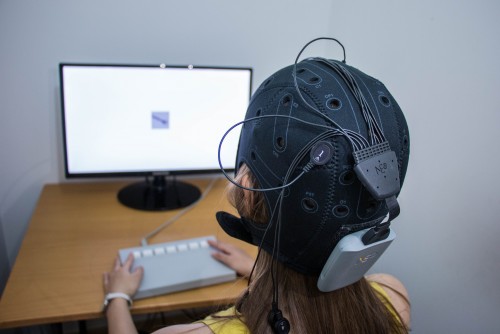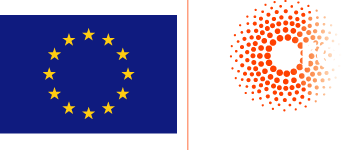
This guide, published in the Brain Stimulation, one of the most respected scientific journals in the field, aims essentially to help the scientific and medical community adapt to gradually continue the studies and treatments that have suddenly been rendered unfeasible.
It is intended to respond to the sudden restrictions caused by the pandemic that resulted in the interruption and delays in scientific activity, namely in neuroscientific studies, with the interruption of recruitment and testing of participants, and with the ceasing of clinical trials and treatments.
"These studies use specific procedures, such as the use of non-invasive brain stimulation (NIBS), a set of safe stimulation techniques used to modulate brain activity", explains Jorge Almeida.
The techniques of NIBS, he explains "have been used both in basic and applied research in neuroscience, as well as in therapies for the treatment of psychiatric and neurological diseases, which is why their maintenance is of great importance".
Produced from a survey carried out in 17 countries, to 29 institutions that use NIBS, this guide discusses the practices that must be implemented in the current situation to keep these activities in operation, but also indicates how to proceed in case of possible future epidemics or pandemics.
The proposed guidelines - based on three phases: initial impact of COVID-19, current practices and future preparation - include a list of 12 steps that suggest "reducing unnecessary contact by removing or simplifying protocols and incorporating telemedicine. We also recommend social distance, extra care in sterilizing the used equipment and we list more specific considerations for populations covered by these experiences and therapies", summarizes Jorge Almeida.
According to the authors of the published article, one of the growing concerns of the scientific community has been the possible increase in mental illness due to the unforeseen impact of the pandemic, as well as the prioritization of the treatment of the virus, to the detriment of other illnesses, due to the sudden reorganization of hospitals and clinics. It is known that there are patients from neurological and psychiatric departments whose treatments may have been reduced and/or postponed. Therefore, the implementation of the guidelines proposed by this group of scientists becomes even more indispensable to address these emerging situations.
"In addition to allowing the advancement of knowledge about different types of neuropsychiatric diseases, stimulation techniques are important for basic brain and mind research", says Jorge Almeida, who concludes. "by maintaining the functioning of research and clinical infrastructures that use these techniques, it is expected to alleviate, in short, and long term, the psychological effects caused by the pandemic".












